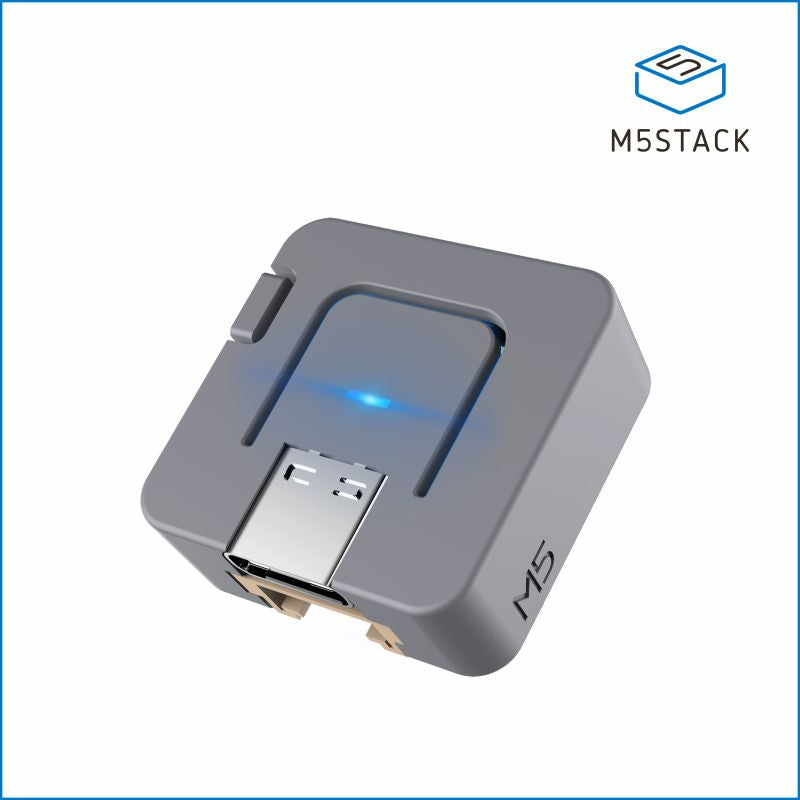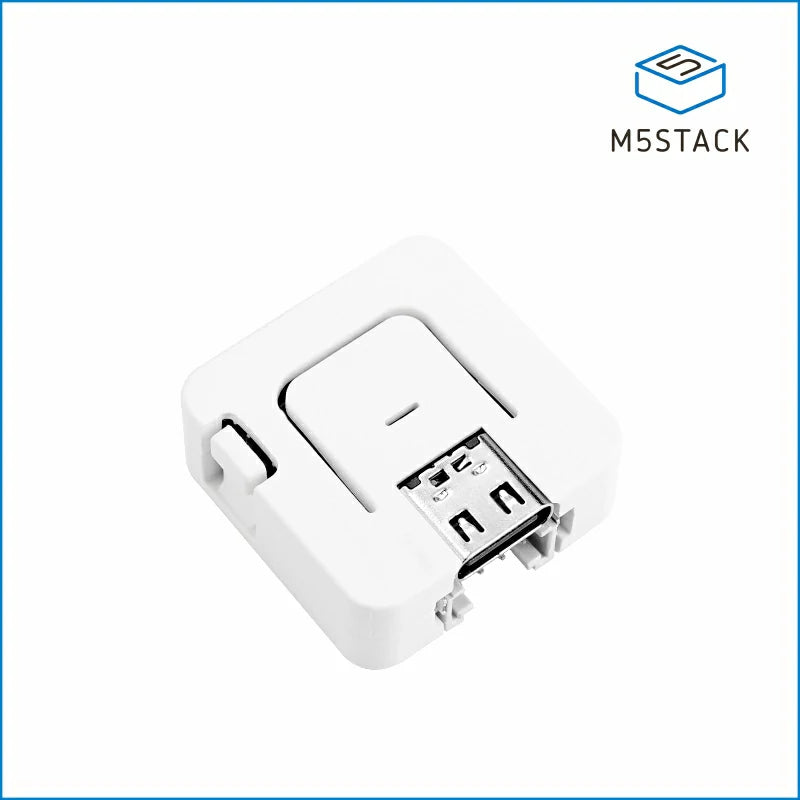Der_Hannes
Solar Addict
I have my own DNS Server running so the DNS Record is correctly resolving to the IP Address (Static Lease on the DHCP Server) of the ESP32.
The problem is that the upload never goes past 10%. Sometimes it fails at 4%. Sometimes it gives up just after starting the upload process.
I also tries to restart the ESP32 in Safe Mode prior to OTA. Nothing. The only thing that wants to work is a reliable USB cable
.
Can you post your ota config and if using BLE Version also the on_boot part please




